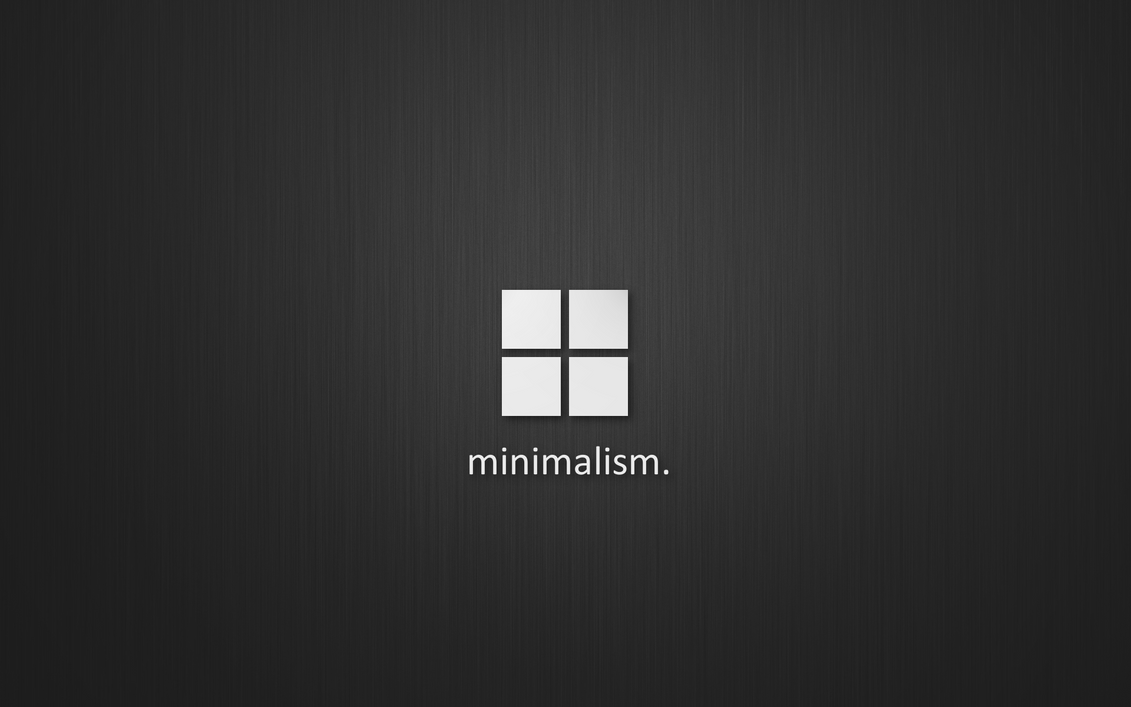
I found this article, "9 Intentional Ways to Challenge Consumerism in Your Life" on Becoming Minimalist via this blog and wow did it hit home with me. I don't feel like I buy a lot of stuff right now but I have in the past. I used to use shopping as a way of finding joy in my life, fulfilling some kind of need. I no longer do that. At first I stopped shopping because of lack of funds but now I think and hope it has turned into a way of life. I enjoy shopping, I actually love it, but I am very focused now on buying less/spending less and focusing on quality not quantity.
After cleaning out my house I realized we bought so much stuff and wasted so much money on things we never used or needed. I don't want to repeat that pattern. I only want to consume items that bring high value to our lives. My house, which I did love dearly, became more of a burden then a blessing. I was working sometimes up to 7 days a week just to maintain it, just to keep my head above water. I realized that I no longer wanted to live that way. I wanted to forgo the large home for a smaller space where I can have the freedom to spend time with my loved ones. Consuming less is going to take time and practice but I what a great way to live, not caught up in a life of comparison.
1. Stop and reevaluate. Look at the life you have created. Are you finding the time, money, and energy for the things that matter most? Have your possessions become a burden on your life in any way? Slow down long enough to honestly evaluate the whole picture: your income, your mortgage, your car payment, your spending habits, your day-to-day pursuits. Are you happy? Or is there, perhaps, a better way?
2. Stop copying other people. Just because your neighbors, classmates, and friends are chasing a certain style of life does not mean you need to as well. Your life is too unique to live like everyone else. And if you think you’ll be happier by following all the latest trends in society, you are wrong. Just ask anybody who has stopped.
3. Understand your weaknesses. Recognize your trigger points. Are there certain stores that prompt unnecessary purchases in your life? Are there products, addictions, or pricing patterns (clearance sales) that prompt an automatic response from you? Maybe there are specific emotions (sadness, loneliness, grief) that give rise to mindless consumption. Identify, recognize, and understand these weaknesses. 51% of the solution can be found by simply recognizing the problem.
4. Look deep into your motivations. Advertisers play on our motivations by appealing to our desires in subtle ways. Advertisements are no longer based on communicating facts about a product. Instead, they promise adventure, reputation, esteem, joy, fulfillment, and sex. What inner-motivations are subconsciously guiding your purchases? What motivations (greed, envy) need to be rooted out? And what motivations (meaning, significance) need to find their fulfillment elsewhere?
5. Seek contribution with your life and usefulness in your purchases. To live is to consume. As contributing members of society, we are going to work and earn and purchase and consume. But we are more than consumers, we are contributors. Our presence on this earth ought to bring value to the people around us. Purchase only what you need to more effectively accomplish your unique role in this world—everything else is only a distraction. Just because you can buy something doesn’t mean you should.
6. Count the hidden cost of each purchase. Too often, when we purchase an item, we only look at the sticker price. But this is rarely the full cost. Our purchases always cost more. They require our time, energy, and focus (cleaning, organizing, maintaining, fixing, replacing, removing). They prompt worry, stress, and attachment. Henry David Thoreau said it best, ”The price of anything is the amount of life you exchange for it.”
7. Test your limits. Experiment with a no-shopping challenge. You set the terms—even the world’s biggest shopper can find one experiment to test their boundaries. Go 30 days with no consumer purchases, 60 days without visiting the mall, or 120 days without buying clothes. You set the specific challenge based on your needs. You will break the cycle of shopping in the short-term and lay the groundwork for greater victory in the long-term.
8. Give more things away. Your life will feel lighter. Your heart will feel warmer. The world will be better. And you will be reminded shopping is not the answer.
9. Do more of what makes you happy. Your possessions are not making you happy. Once our basic needs have been met, the happiness found in consumerism is fleeting at best. Instead, find what it is that truly makes you happy and do more of it. I find my happiness in faith, family, friends, and contribution. Your list may differ slightly. But either way, owning a whole bunch of stuff is almost certainly not on it.
Make intentionality your highest pursuit. Not consumerism.




No comments:
Post a Comment